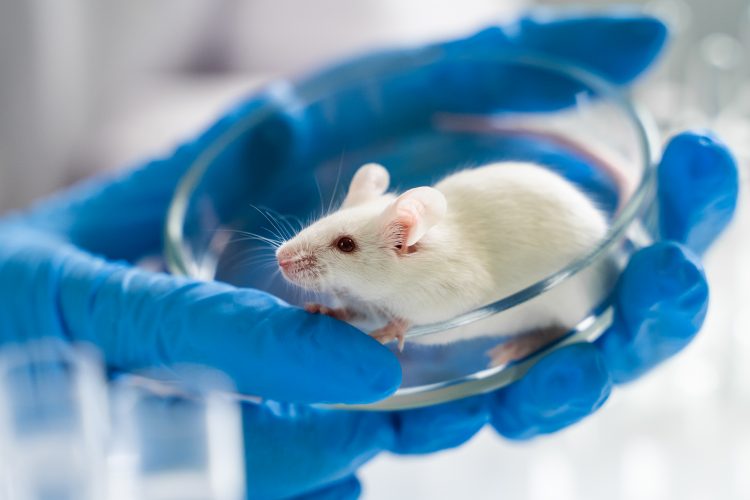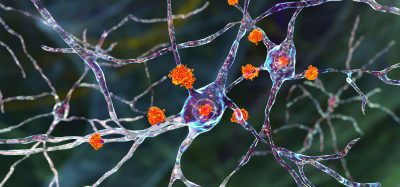Enhancing drug discovery using genetically diverse mouse models
Posted: 22 August 2024 | Drug Target Review | No comments yet
Researchers suggest that integrating genetically diverse mouse models with cell-based assays will better replicate human diseases.


A novel approach to drug discovery has been revealed by scientists at The Jackson Laboratory (JAX). They elucidate the limitations of studies using traditional mouse models and suggest that using genetically diverse mice will better predict human responses to drugs.
Scientists have relied upon inbred mice to study human disease for decades. However, these mice often fail to accurately recapitulate human conditions, particularly for complex diseases like cancer. The urgency of discovering more reliable solutions has been highlighted by the FDA’s Modernization Act 2.0, allowing alternatives to animal testing.
However, Dr Nadia Rosenthal, JAX Mammalian Genetics Scientific Director and her team state that the lack of genetic diversity in the models used is the issue. To improve this, they suggested that an integrative solution, combining genetically diverse mouse models with cell-based assays to more accurately match data from mice and humans, would generate more relevant disease models.
Dr Rosenthal commented: “Using diverse mouse models has already shown remarkable improvements in mimicking human diseases…This method could revolutionise our understanding of disease progression and patients’ responses to different treatments.”
Already, studies using diverse mice have offered valuable insights into conditions such as heart disease, cancer, and diabetes. For instance, human heart attacks can result in variable severity and different kinds of damage to the heart, like scarring or dilation, driven by complex genetics that a single inbred mouse strain is unable to replicate. Furthermore, although human cell-based tests are useful, they frequently do not recapitulate the full complexity of human diseases, so genetically diverse mouse model cells ensure that findings are directly applicable to real-world patients.
This paper highlights the requirement for a new approach, combining the advantages of in vitro and in vivo systems, which both maximises scientific benefits and respects ethical concerns.
This study was published in Nature Biotechnology.
Related topics
Disease Research, In Vitro, In Vivo
Related conditions
Cancer, Diabetes, Heart disease
Related organisations
The Jackson Laboratory (JAX)
Related people
Dr Nadia Rosenthal (The Jackson Laboratory)








